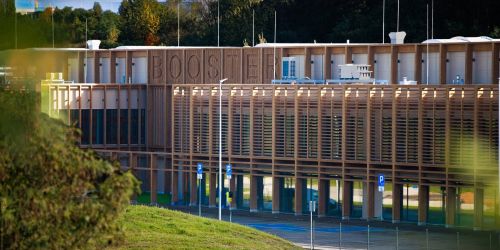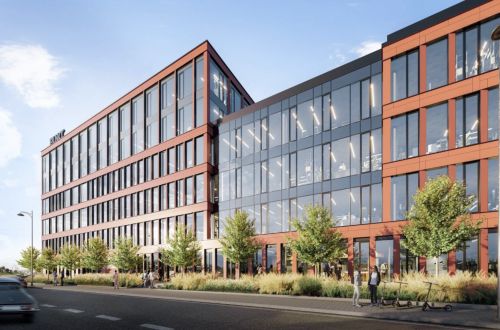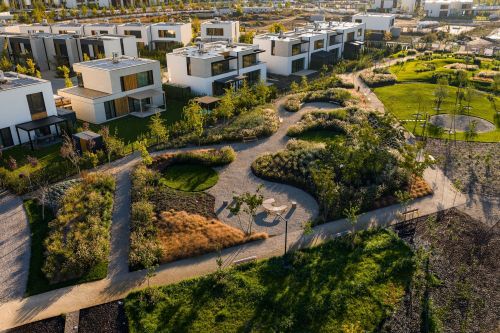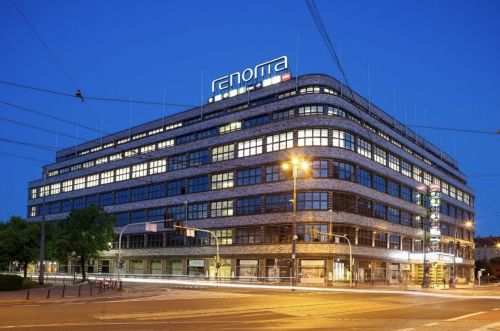POLAND Panattoni Europe is almost exclusively associated in the CEE region with being one of the main players on the Polish, Czech and Slovakian industrial development markets. But the company is now making a significant move into a new area: the development of retail parks. Indeed, in Italy it has already opened its first 15,000 sqm retail park in Pordenone, with another one due to be completed this October in Voghera near Pavia (also in northern Italy). Now it is preparing to launch its first Polish retail project, also a retail park. Panattoni has been planning to move into this area for some time, having last November appointed Andrzej Lasocki as the development manager of the company's retail division. Since this time Panattoni has been looking for suitable sites across Poland for such developments, according to Mr Lasocki. "We are now in the process of securing a number of plots for developing Polish retail projects for rent," he explains. "At the moment we are focusing on develo

























































